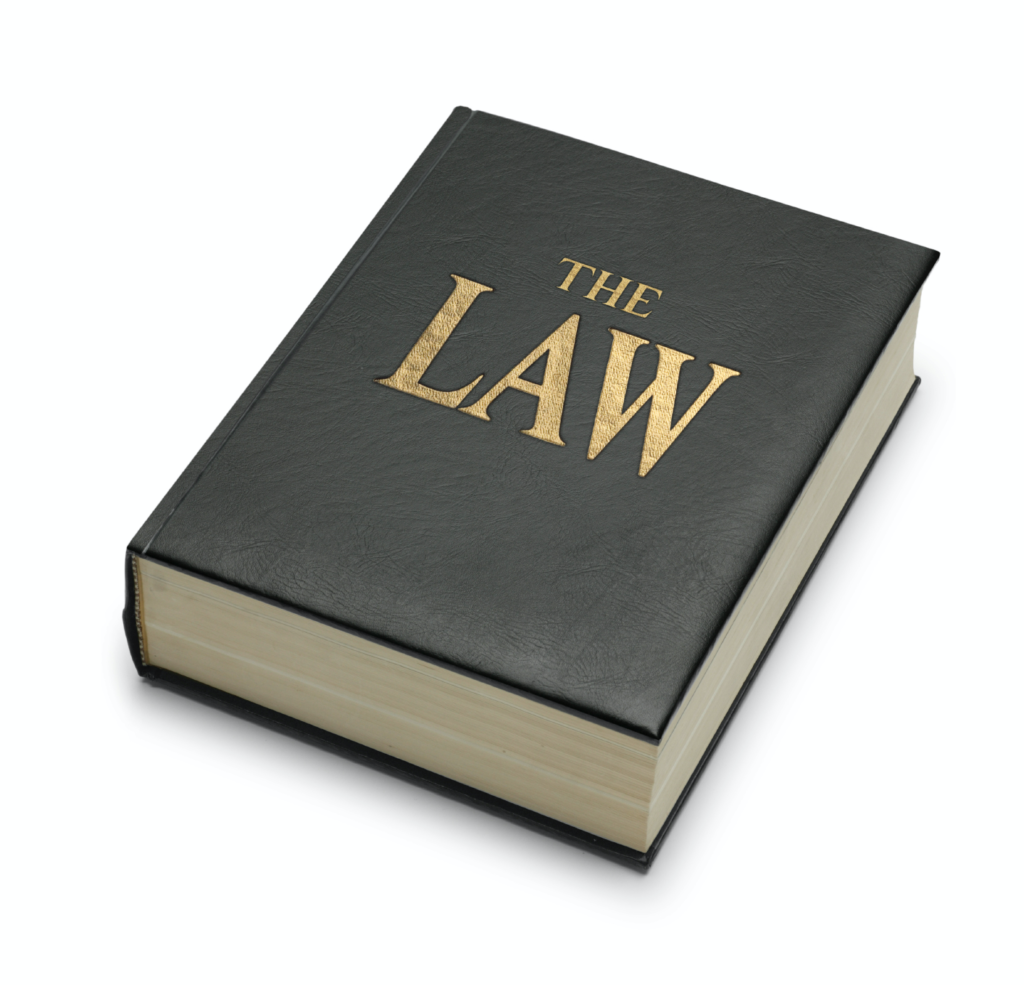The Foremost Commandment
After cleansing the Temple Jesus proceeded to teach daily in the Temple up to His crucifixion. This is recorded in Matthew 21-26, Mark 11-14, and Luke 20-21. In Mark 12:28-34, during one of His teachings, a scribe asked Him, “What commandment is the foremost of all?”
The Law
A few years ago at Sunrise City we spent a number of months examining each 8 verse stanza of Psalm 119, a Hebrew acrostic where 174 of its 176 verses emphasize the goodness of some aspect of The Law. According to Maimonides, there are 613 commandments contained in Torah. Some commandments are self evident like don’t kill someone or steal. Other commandments testify of important events like keeping the Sabbath because God rested on the seventh day and declared it holy. The last group of commandments are decrees from God that may not have a clear rationale and are therefore a declaration of His divine will.
The Greatest Commandment
So Jesus is challenged by a scribe, a man who studies Scripture (the Tanakh), to declare one of 613 commandments the greatest. Jesus answers him with what is called the Shema, a word that means, “to hear” and comes from Deuteronomy 6 and quoted from Leviticus 19.
Jesus answered, “The foremost is, ‘HEAR, O ISRAEL! THE LORD OUR GOD IS ONE LORD; AND YOU SHALL LOVE THE LORD YOUR GOD WITH ALL YOUR HEART, AND WITH ALL YOUR SOUL, AND WITH ALL YOUR MIND, AND WITH ALL YOUR STRENGTH.’ “The second is this, ‘YOU SHALL LOVE YOUR NEIGHBOR AS YOURSELF.’ There is no other commandment greater than these.”
Mark 12:29-31
I love how Jesus follows the foremost commandment with a second but then wraps them up as one saying, “There is no other commandment greater than these.” They are intertwined, they work as one.
First Things First
When I was little I learned that you have to put first things first. You couldn’t expect part A to fit with part C until you properly attached Part B. Banging with a hammer was not productive or good practice.
Jesus in His answer has clearly stated we must love God before we can effectively love and serve people and we must do it with all our heart, soul, mind, and strength. I think my challenge, and maybe yours, is that I get these two flipped around. I get busy trying to love and serve people and forget that the source of my ability to effectively love anyone (my spouse, my kids, my friends, my neighbors) comes from God alone.
Heart, Mind, Soul, and Strength
So my challenge for us today is to seek God first and love Him in the way He has commanded us in the Shema. Love Him first with all our heart, next with all our soul, then with all our mind, and finally with all our strength. I must point out that loving God is only possible through the redeeming power of Jesus’ sacrifice. Jesus makes it possible for intimacy to be restored between man and God. So if you are not a follower of Jesus, that must occur first.
I think the loving order given in the Shema is important, just like putting parts A, B, and C together in the right order. Ask God to show you what it means to love Him in these four different ways and then do it.
When we are loving God His way His love fills us in return. God’s love is so amazing and powerful that with it we are then able to actually “love our neighbor as ourselves.” God’s love flowing through us will transform the world for His great glory!


